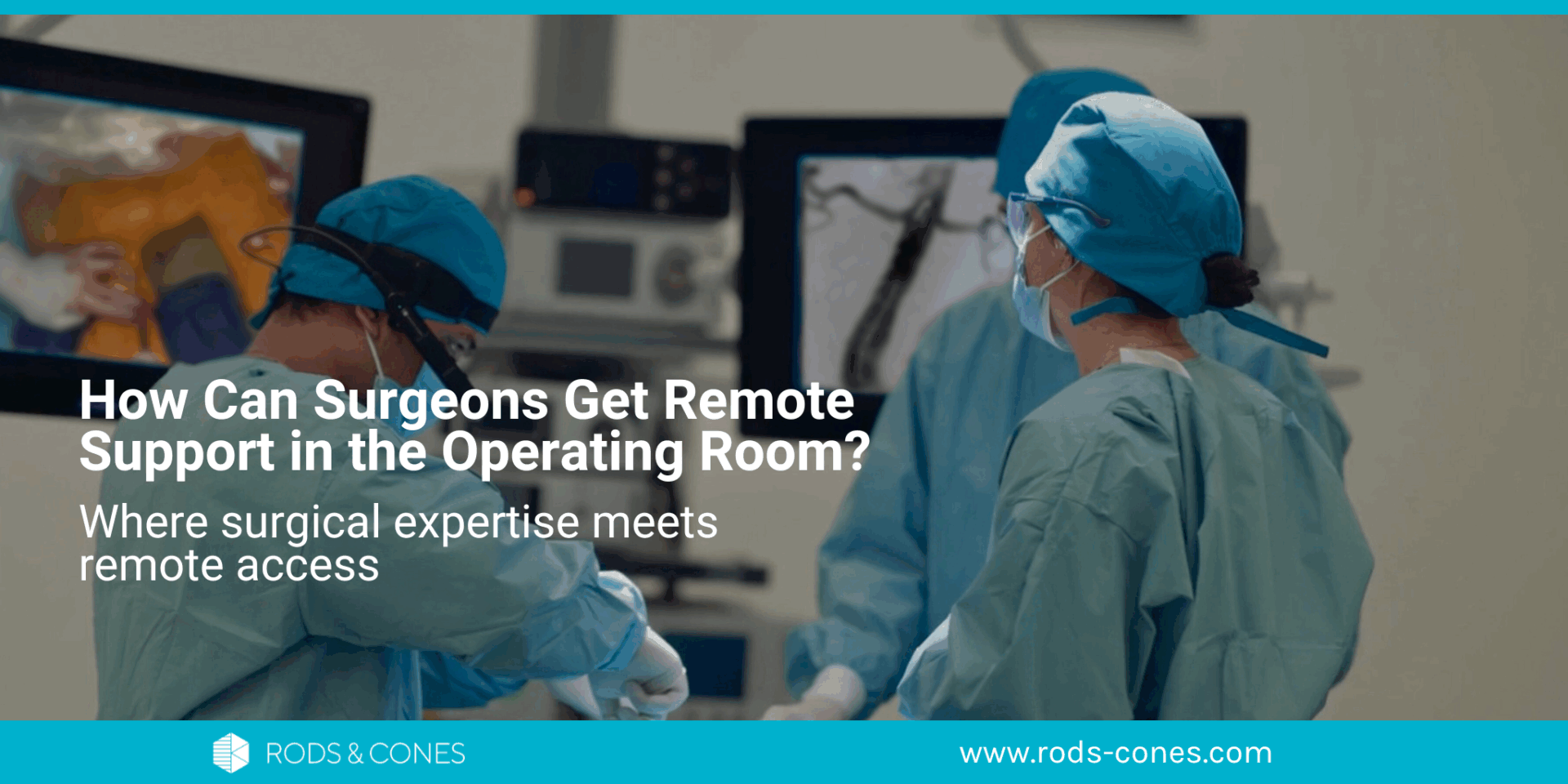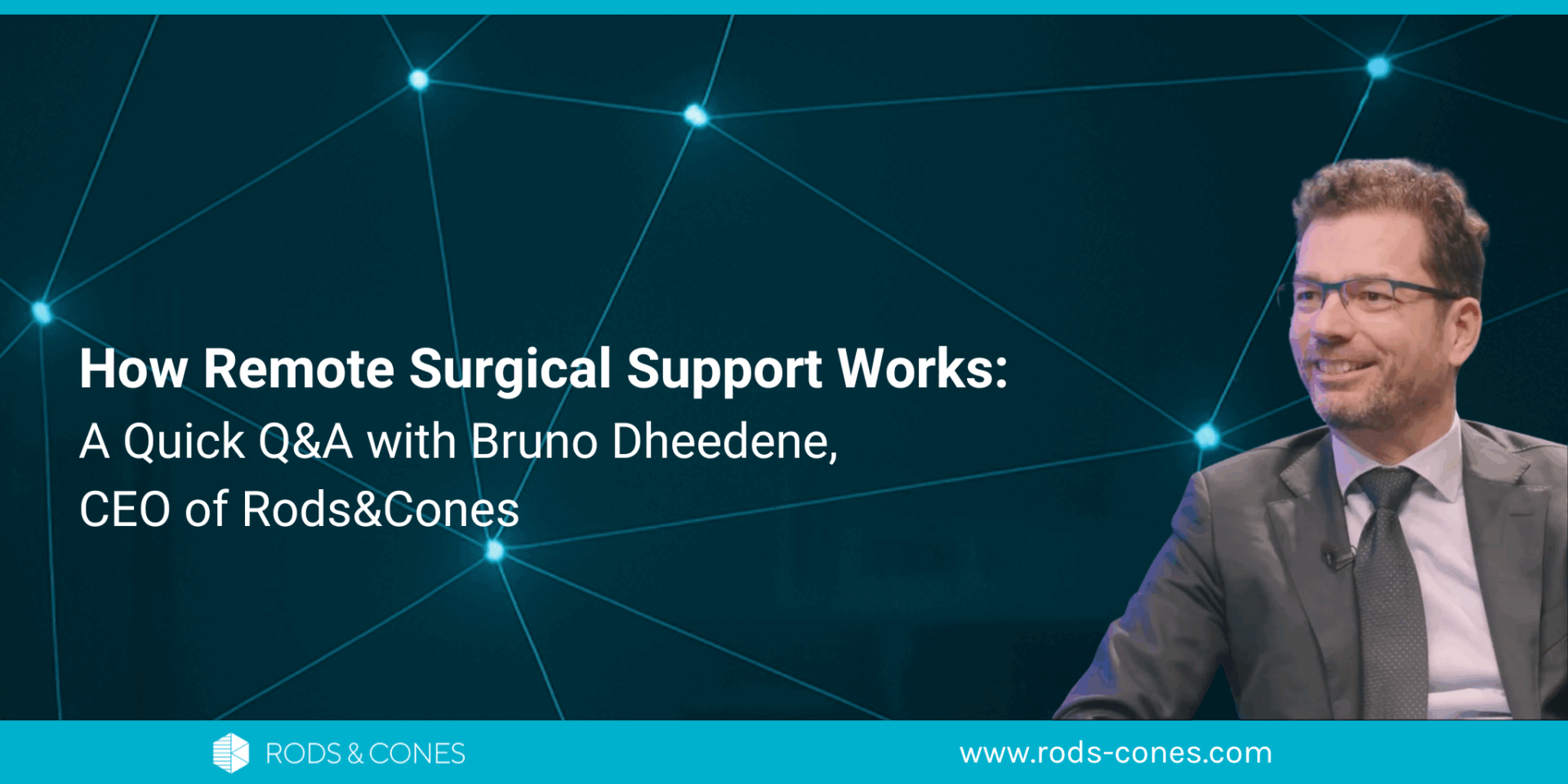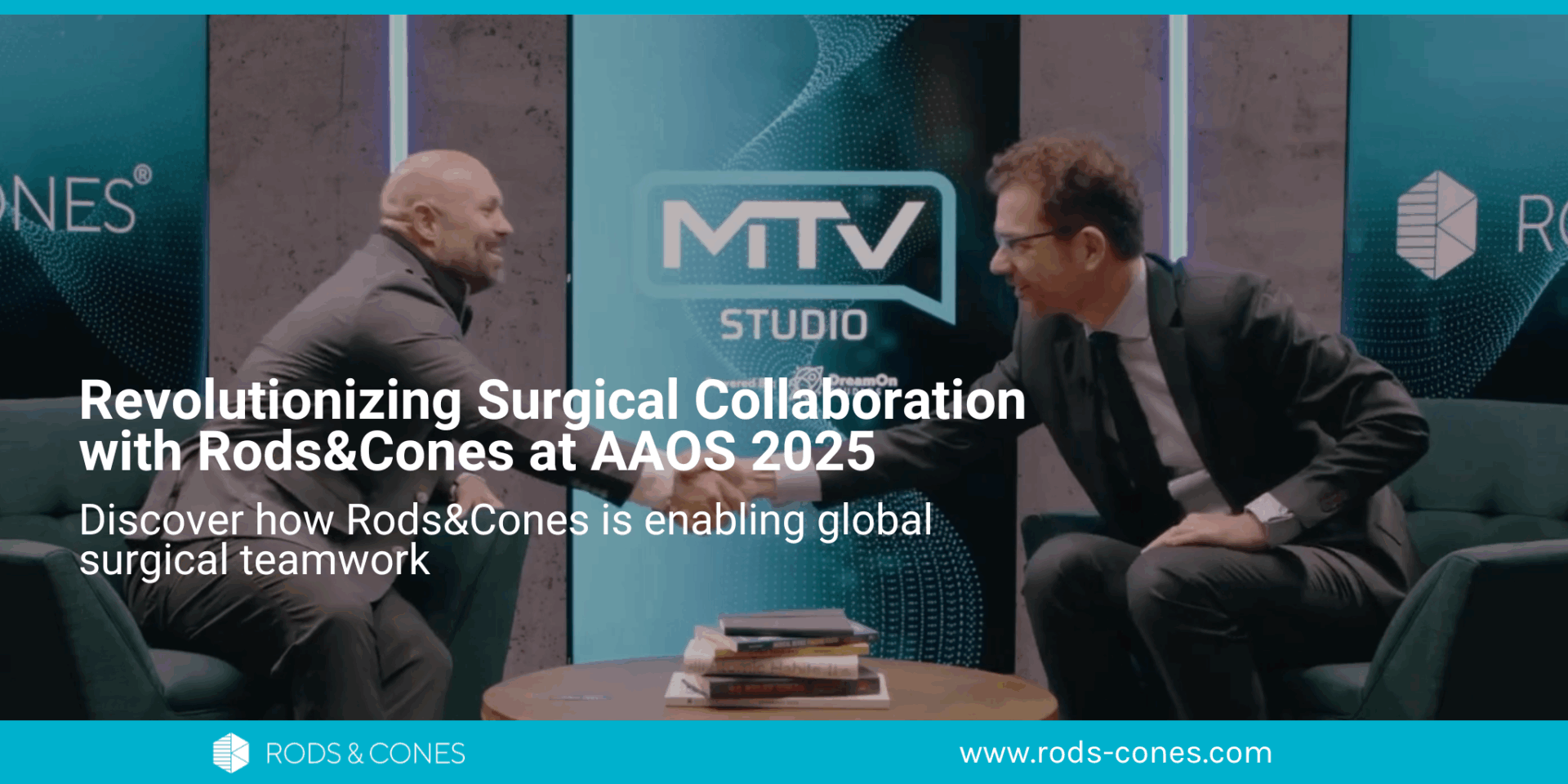Return On Investment (ROI) has long been a commercial concern. However, it’s seeped into our everyday lives to some extent, and increasingly you’ll even hear it used in the healthcare sector too.
But that’s not to say hospitals regard patients as some sort of tradable asset. Not in the slightest. Nor does it mean that healthcare staff has some commercially-driven ‘quotas’ to fulfill. In this context, ROI relates to achieving better patient outcomes using the available resources – space, staff, and equipment – to best effect.
This also encompasses the role that medtech professionals play in advising surgeons on optimum ways to configure the devices used – from stents to artificial hip joints – which until very recently meant that reps would need to be physically present at every single planned surgery in their given region.
Glaring Inefficiencies
Even before the COVID-19 pandemic hit – and access Operating Rooms (OR) was restricted – it was clear that there were glaring inefficiencies to address in medtech and the whole healthcare scene.
For example, having numerous sales reps constantly on the road, traveling large distances between hospitals simply to offer in-person advice for a half-hour at most, was by no means time, cost, or energy efficient.
Geography was a major issue. The more hospitals there are in a region, the more surgeries there are to attend. As a result, more professional medtech staff were needed to attend surgeries.
Given the high cost of training professionals and the time spent on single cases, and the low volume of visits reps could make in a normal week, on balance the ROI could be much improved.
But there was no other way – at least not until technologies like our Smart Surgery Glasses were made available.
Connecting Experts: Anywhere
When a medtech rep is working from home, they’re usually playing catch up – with email, calls, etc. But now, thanks to remote video access, they can do their job from, well, pretty much anywhere.
In addition to being able to hold initial consultations via video conference, if the surgeon they’re working with is wearing Smart Surgery Glasses, the rep can see exactly what the doctor sees – in real-time.
Every incision, product insertion, and the instrument used can be seen by reps as clearly as they are by surgeons themselves. This way, reps only need to be connected for exactly as long as they’re needed: whether it’s 2 minutes or 2 hours. No travel. No waiting around.
Qualitative & Quantitative
In this way, ROI is qualitative as well as quantitative. With immediate access to ORs and thanks to the time gains from working remotely, reps can literally double – or even triple – the number of surgeries they attend in a single week.
From a qualitative perspective, the need for reps to be bound by geography is completely negated. It in fact makes it possible for them to specialize in a specific field of expertise, and able to reach any surgeon, anywhere in the world.
This model is scalable too. When there’s an increase in surgeries, with Smart Surgery Glasses, the required number of medtech device experts simply dial in and out as needed.
The Effect On Patient Outcomes
When you have the most qualified people working together on a surgery, positive patient outcomes are assured. When that process is streamlined to be more time-efficient and cost-effective, the business end of medicinal benefits too.
Ultimately, the more efficient the sales reps’ involvement, and the more surgeries they attend remotely in a single day, the more patients they’re helping.
It’s as simple as that.





